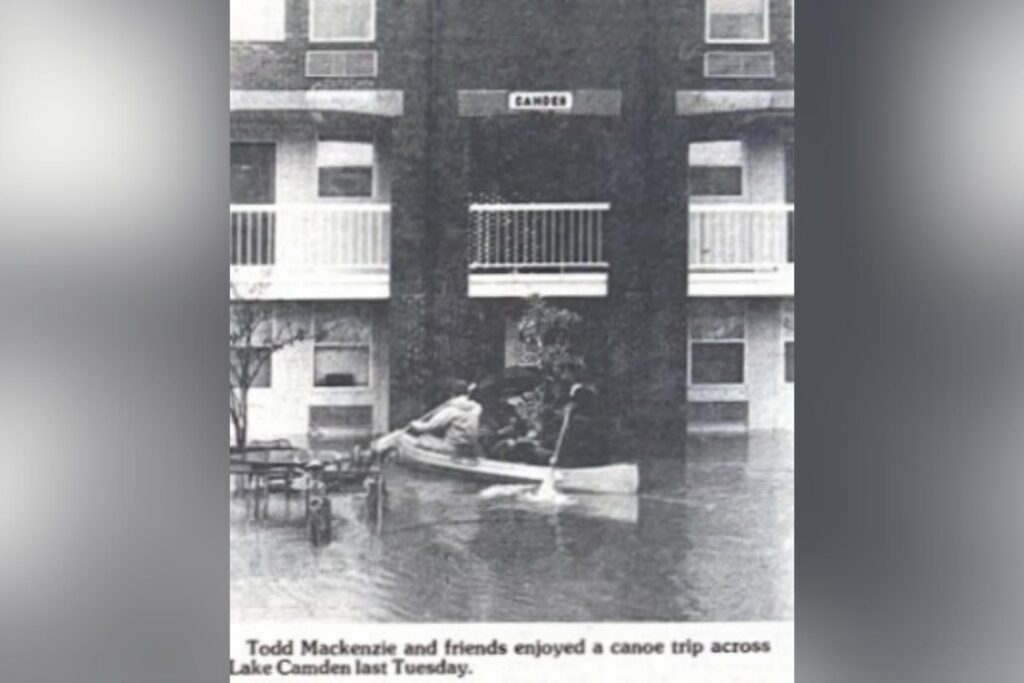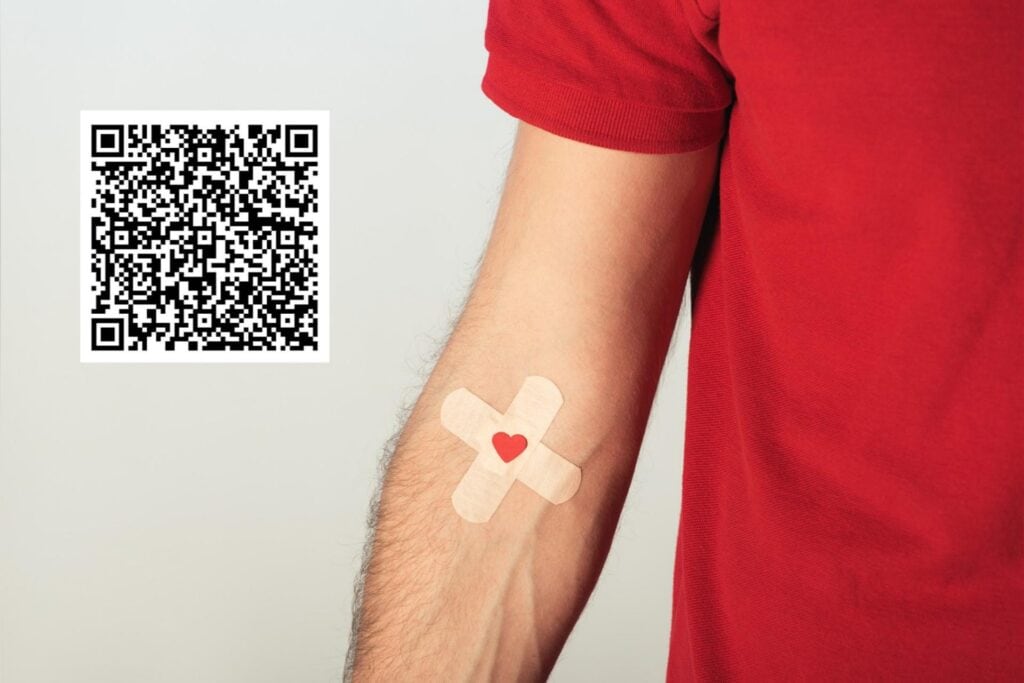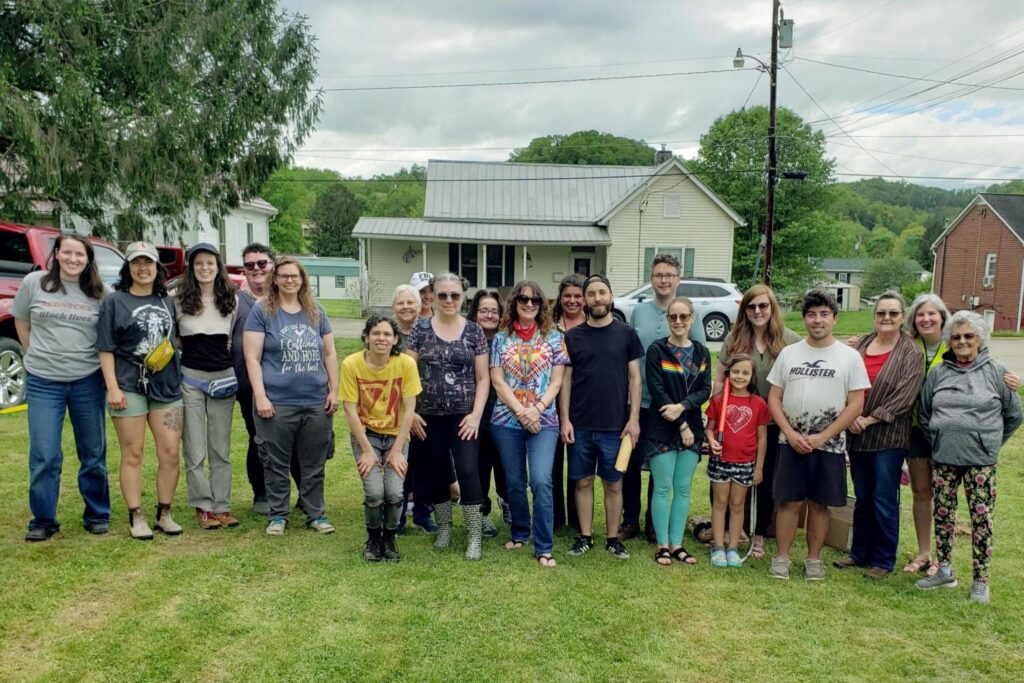MORGANTOWN — One West Virginia trauma center saw an uptick in alcohol and drug use by patients treated for motor vehicle collision injuries during the COVID-19 pandemic, according to a West Virginia University study. More specifically, researchers found patients were using a greater number of drugs, including cannabinoids, opioids and stimulants during the pandemic than prior to its onset.
The study was published in Injury Epidemiology, an online peer-reviewed journal focusing on injury prevention and control. Toni Marie Rudisill, assistant professor in the WVU School of Public Health, led the research team that included pre-med student Lucie Steinmetz, of Moon, Pennsylvania, and Dr. James Bardes, assistant professor in the Department of Surgery’s Division of Trauma, Acute Care Surgery and Surgical Critical Care.
The patients were treated at Jon Michael Moore Trauma Center in Morgantown, one of two Level 1 trauma centers in West Virginia.
As stress levels increased at the onset of the COVID-19 pandemic, so did the use of alcohol and drugs among drivers in urban areas, according to several studies. That prompted Rudisill and her team to see if the same held true for rural areas, particularly the Mountain State.
“It was important to determine what was happening here in West Virginia and if we were following the same trend,” Rudisill said. “Our findings may be generalizable to West Virginia. However, we are unsure if our findings would be generalizable to other rural areas.”
With support from the West Virginia Clinical and Translational Science Institute, housed at WVU, and funding from the National Institute of General Medical Sciences of the National Institutes of Health, the team set out to analyze and compare records of patients ages 18 and older who were treated for motor vehicle-related injuries during two time frames: pre-COVID-19 period — Sept. 1, 2018, to March 15, 2020, and COVID-19 period — March 16, 2020, to Sept. 30, 2021.
Throughout the study period, 1,465 patients received treatment. Patients were given a blood test to determine whether they had been using alcohol, while a urine test was conducted to see if drugs were present in the patients’ systems. Drugs included in the testing panel were cannabinoids, opioids, stimulants and depressants.
Any amount of alcohol was considered a positive test. Patients were considered drug positive if one or more non-alcohol drugs were detected. The discovery of one or more non-alcohol drugs and any amount of alcohol was deemed drug and alcohol positive. Drugs received as part of pre-hospital care were excluded from analyses to avoid misclassification of an individual who may have received the medication as part of post-collision care.
“Given our state’s rurality, it can take quite a bit of time to transport severely injured patients from the scene of a crash to a trauma center,” Rudisill said. “Patients may receive medication from emergency medical services as part of their care during transport. However, drug and alcohol tests are performed on patients when they arrive at the trauma center. It is entirely possible that a patient may have consumed an opioid before the crash, but then received one as part of their care during transport to the trauma center. For that reason, those individuals’ results would be excluded from the analysis as we would not be able to determine if the opioids in their system were taken before the crash or administered by EMS on the way to the trauma center.”
The study found that the number of drugs patients tested positive for was 31% greater during the COVID-19 period. Stimulant and opioid use significantly increased among treated patients and cannabinoid use increased marginally, while depressant use decreased over the study period.
The majority of the patients, 57%, were male and between the ages of 20 and 45. Overall, 84% were drivers of the vehicles and 72% were wearing seatbelts. Most of the crashes occurred during weekdays.
Researchers concluded that, although further studies could investigate whether drug and alcohol use among drivers in West Virginia changed after September 2021, public health interventions may be needed in the state to curb the activity.
“Getting people to stop using drugs and/or alcohol and then driving is a complex issue,” Rudisill said. “Reducing this behavior in a population often requires a combination of educational, environmental, behavioral and policy approaches to be effective.”














